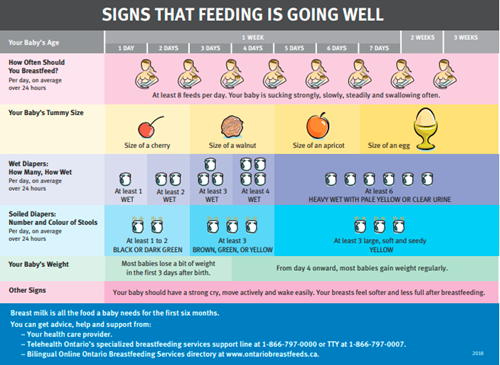Algoma Public Health
FAQs
We have grouped our frequently asked questions (FAQ's) into categories to help you find the answer to your question.
Which trimester will I be the most tired?
During the first trimester a pregnant individual's metabolism increases, which uses up a lot of energy. Increasing progesterone levels also make you feel more sleepy.
Why do I feel tired even when I am resting?
To meet the demands of pregnancy, your heart rate increases by 10-15 beats per minute. Your blood volume also increases by 40-50%.The amount of air moving in and out of your lungs increases by 50%. Your breathes will be faster and deeper, and may feel breathless at times.
Do I need to eat twice as much during pregnancy?
No, you should not eat for two people during pregnancy. Ideally, you are eating twice as healthy, NOT twice as much! Making healthy food choices during pregnancy is more important than ever. Healthy eating at this time benefits both the parent and their baby. Good nutrition also builds the foundation for healthy eating habits for the entire family that can last a lifetime. Your growing baby depends on you to eat the foods that are the building blocks for his body and brain. When you make good food choices and gain the recommended amount of weight during pregnancy, your baby has a better chance of being born at an average birth weight (5-9lbs)
Do I need to take prenatal vitamins?
Yes! Health Canada recommends that pregnant people take a multivitamin containing 0.4 mg of folic acid (recommended to all people with vaginas of childbearing age) and 16-20 mg of iron every day during pregnancy.
What will happen if I gain too much weight during pregnancy?
Research is linking excessive pregnancy weight gain with increased childhood obesity risk. When a pregnant person has elevated blood sugar and gain excess weight during pregnancy, it seems to change the baby's metabolism to 'imprint' the baby for childhood obesity," said study lead author Dr. Teresa Hillier.
Am I at a higher risk of illnesses during pregnancy?
Yes, pregnant people are more susceptible to food borne illness like listeriosis and salmonella. Due to the many changes taking place in your body, it weakens your immune system making it difficult to fight infections. Babies may become infected because certain bacteria, viruses, and parasites cross the placenta.
Refer to Safe Food Handling for Pregnant Women for tips on food safety.
What happens if I don’t gain enough weight during pregnancy?
If you gain less than the recommended amount of weight during pregnancy, there is a higher risk of:
-
Delivering your baby too soon
-
Having a baby with a low birth weight (under 5.5 lbs; linked to health problems)
-
Difficulty starting breastfeeding
Can I lay on my back during my pregnancy?
As your baby starts to grow and your body continues to change, excessive time on your back is not recommended past 4 months (16 weeks). The weight of the growing uterus presses on a major vein that returns blood from your lower body back to your heart. Extended time on your back can make you feel dizzy.
How do I practice kegels during pregnancy?
Squeeze as if you are trying to hold back urinating and hold for about 10 seconds; do not hold your breath or tighten your abdominals or buttocks; repeat 12- 20 times.
Kegel exercises will:
-
Support the growing uterus to stretch & recover
-
Promote good bladder control
-
Prevent urinary incontinence
Is it safe for me to travel during pregnancy?
The safest time to travel is between 18-24 weeks as most common obstetric emergencies occur in the first and third trimesters. Some airlines will also restrict traveling in late pregnancy.
Can I get a travel vaccine while pregnant?
Always consult your health care provider before receiving any vaccines during pregnancy. Call APH for a travel consultation. In general, pregnant women should avoid live vaccines (eg. MMR), but inactivated vaccines (eg. flu shot) are considered safe.
Does having tooth decay and gum disease put me at higher risk of preterm labour?
Yes. Hormones of pregnancy can cause red, swollen gums that sometimes bleed during brushing— this is called pregnancy gingivitis. Untreated dental problems can lead to bacteria entering the bloodstream, which can increase the hormones (prostaglandins) that trigger labour contractions. It is important to seek regular dental care during pregnancy and be sure to let your practitioner know you are pregnant.
Why do I experience numb hands since beginning pregnancy?
In pregnancy, accumulation of extra fluids in the body can put pressure on a nerve in the wrists, causing aching and tingling (carpal tunnel syndrome). It usually resolves when the pregnancy is over.
Date Created: November, 2022











